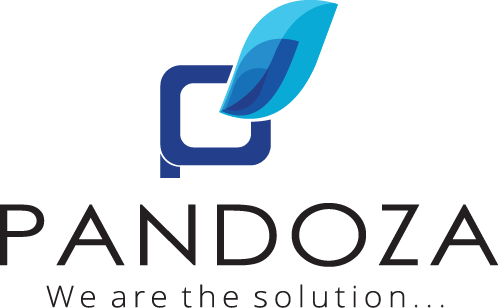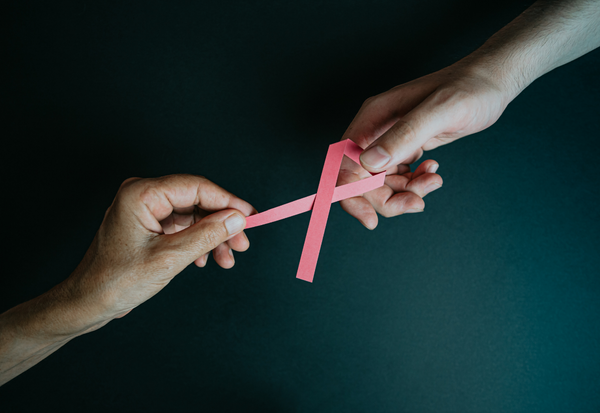Cancer prevention is essential to preserving your well-being and ensuring a healthier future. This comprehensive guide will explore practical strategies to reduce your cancer risk, helping you take control of your health. By embracing a lifestyle characterized by informed choices, holistic well-being, and regular screenings, you can significantly lower the odds of encountering this formidable disease.
- Healthy Lifestyle Choices:- The foundation of cancer prevention is the cultivation of a healthy lifestyle. Start by prioritizing a diet rich in fruits, vegetables, and whole grains. These foods contain vital antioxidants and nutrients that fortify your cells against damage. Conversely, minimize the consumption of processed foods and limit your intake of sugary and red meat. Complement your diet with regular exercise of about three hours of moderate exercise or one and a half hours of vigorous exercise per week. Maintaining a healthy weight through exercise also plays a crucial role in mitigating cancer risks.
- Tobacco Cessation:-Among the most effective steps to reduce your cancer risk dramatically is quitting smoking. By eliminating smoking, you remove a primary contributor to preventable cancer deaths. You also create a smoke-free environment for yourself and those around you. If you’re a smoker, seek out resources and support to help you quit, and consider various smoking cessation aids and programs.
- Sun Protection:- UV rays harm the skin. So, protecting the skin from the harmful effects of UV rays is essential in preventing skin cancer. When spending time outdoors, it’s necessary to use sunscreen with a minimum SPF of 30. In addition, protect your skin by wearing appropriate clothing and hats. Avoid using tanning beds, which can significantly increase your risk of skin cancer, and instead, seek shade during the peak sun hours for added protection.
- Vaccination for Infection Prevention:- Some vaccines play a significant role in lowering cancer risk by averting infections associated with specific cancer types. For instance, the human papillomavirus (HPV) vaccine is confirmed to reduce the risk of cervical and other cancers. Similarly, the Hepatitis B vaccine can lower the risk of liver cancer. Your healthcare provider can advise you about being up-to-date with recommended vaccinations for your age and risk factors.
- Early Detection and Regular Screenings:-Early detection of cancer significantly enhances the chances of successful treatment. Regular screenings tailored to your age, gender, and family history are vital. These screenings may include mammograms, colonoscopies, and Pap smears. Self-examinations and vigilant awareness of bodily changes are additional tools to aid early cancer diagnosis. Always follow recommended screening guidelines and consult your healthcare provider for personalized recommendations.
- Alcohol Moderation:- To lower the risk of alcohol-related cancers, including breast, liver, and mouth cancer, it’s important to practice moderation when consuming alcoholic beverages. Guidelines recommend limiting alcohol intake to one drink per day for women and up to two drinks per day for men. Reducing alcohol consumption or abstaining altogether can be a proactive step in cancer prevention.
- Environmental Awareness and Mitigation:-Environmental factors can contribute to cancer risk. Reducing exposure to carcinogens, such as asbestos and radon, is crucial. Proper ventilation and radon testing in your home can help mitigate these risks. Take the necessary precautions in your workplace; awareness of your environment and minimizing harmful exposures are essential in your cancer prevention strategy.
- Stress Management and Well-Being:-Chronic stress has been associated with various health issues, including cancer. Adopting stress-reduction techniques such as mindfulness, meditation, and yoga can significantly improve your overall well-being. A stress-free lifestyle supports a robust immune system, crucial in cancer prevention. Prioritize rest, relaxation, and a healthy work-life balance.
- Genetic Counseling and Personalized Prevention:- If you have a strong family history of cancer, it may be prudent to consider genetic counselling. This process can provide insights into your unique genetic makeup and help tailor your cancer prevention and early detection strategies. Understanding your genetic predispositions empowers you to take proactive steps specific to your risk factors.
Conclusion
Proactive cancer prevention requires a commitment to a wholesome lifestyle, informed choices, and regular screenings. Remember that cancer prevention is an ongoing journey dedicated to your well-being. Start taking proactive steps today, and you’ll be on the path to a healthier, cancer-free future where your health is empowered and your future is safeguarded.






